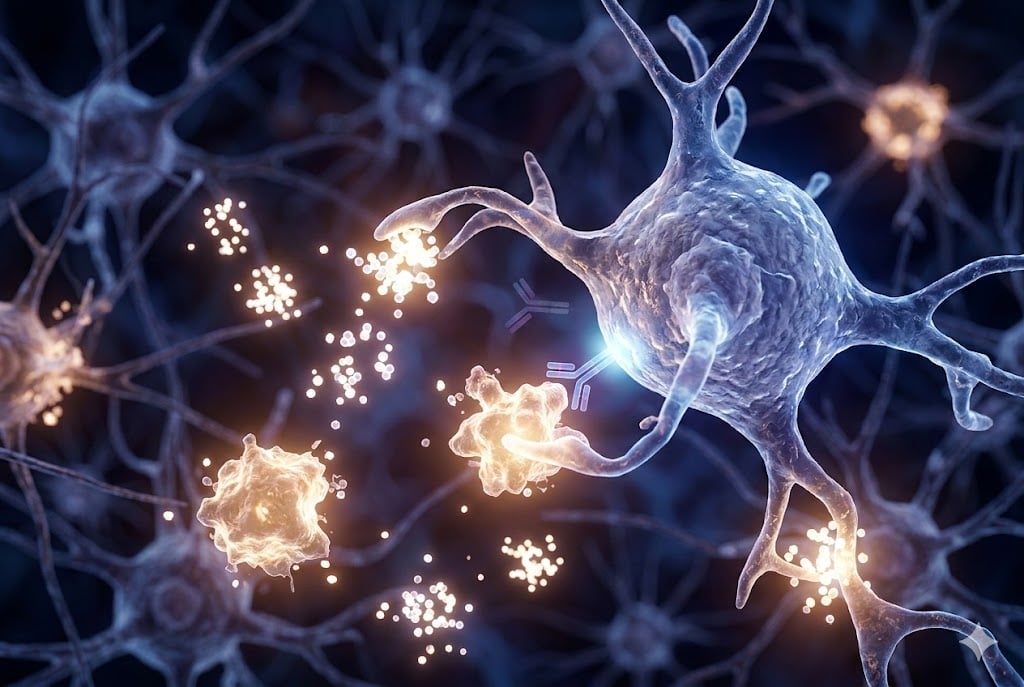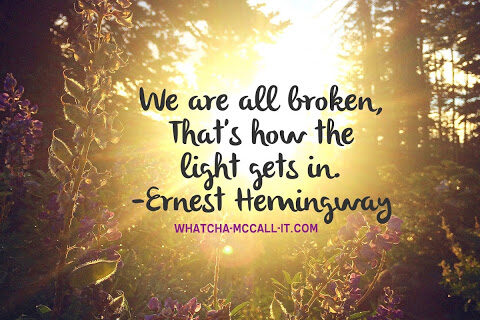
Thought of the Week: Light Gets In
We are all broken. That’s how the light gets in. Ernest Hemingway

We are all broken. That’s how the light gets in. Ernest Hemingway

Don’t just be good to others, Be good to yourself, too.

And when there is only darkness, And the storms of life are closing in, May the light at the core of your inner being, Illuminate

There is one thing dementia cannot take away,And that is love.Love is not a memory –It is a feeling that resides inside.

When we honestly ask ourselves, which person in our lives means the most to us, We find that it is those who have chosen to

God did not create us to see through each other, But to see each other through. (Miniposter, pillow, mug)
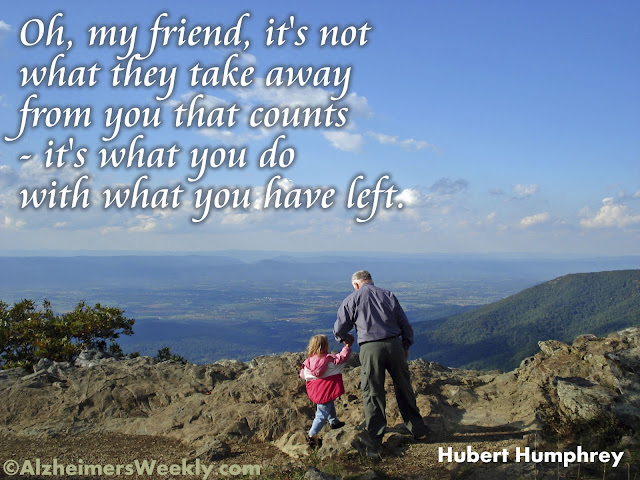
Oh, my friend, it’s not what they take away from you that counts- It’s what you do with what you have left. ~Hubert Humphrey~

Begin each day by being good to yourself. When you are the best you can be, That’s when you have the most to give.

No one is more cherished in this world than Someone who lightens the burden of another.

Do the best you can, That’s the most you can do.

EMERGENCIES due to falling happen 54% more often in dementia. As a rule, 1-in-3 adults over 65 fall each year. Most falls happen at home. Make a few simple changes and prevent falls.

Researchers find that a diet including more fruit, vegetables, beans and tea or coffee lowers the risk of developing dementia later in life. Learn more.
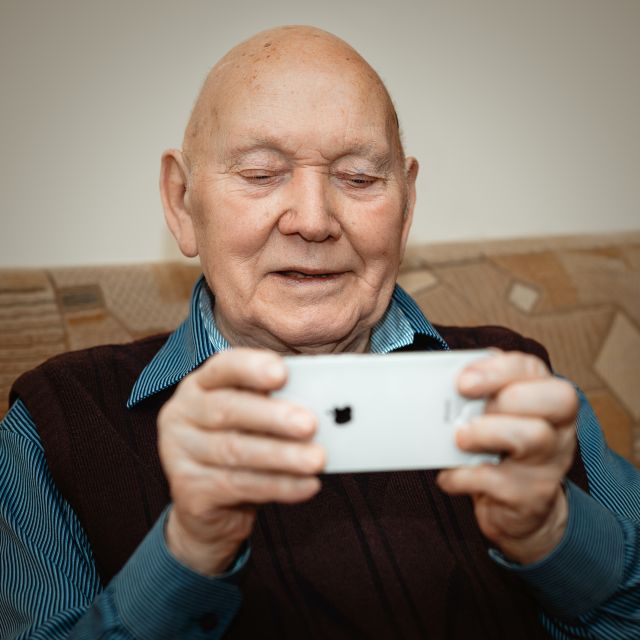
Researchers find education and intellectual stimulation appear to activate a genetic program in the brain that promotes resistance to cognitive decline. Find out more.

When a hurricane hits Florida — or anywhere that has a very large population of people with dementia, there are special preparations that should be made by those living with dementia. Check these dementia-in-a-storm readiness lists.
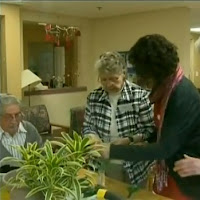
In gardening, people with Alzheimer’s grow fresh plants along with better thinking. It’s a pleasant way to make things easier.

The co-founder of a caregivers’ organization introduces technology he has found helpful in caring for his grandmother with dementia.

People with dementia are enjoying yoga and dance classes at the Alzheimer’s Association. See why caregivers find the classes “EXTREMELY helpful.”
No spam, only news and updates.
